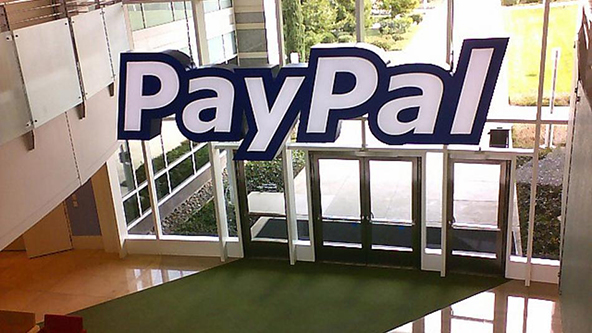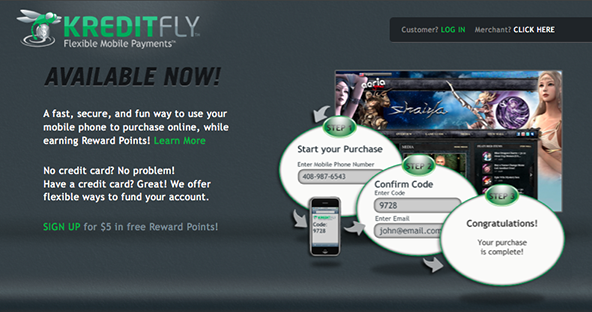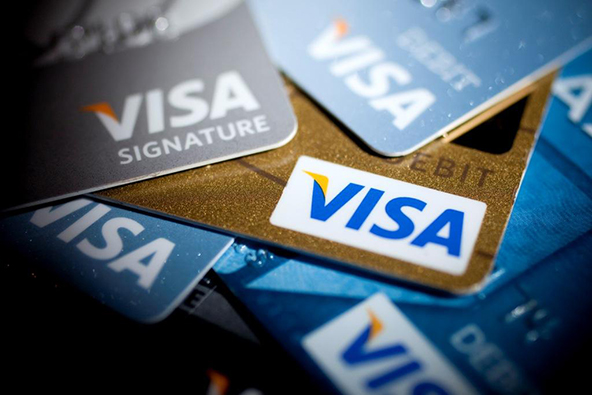PayPal Launches a Mobile Payment System

PayPal unveiled on Tuesday a new mobile payment system, called Mobile Express Checkout. The announcement was made at PayPal’s Innovate 2010 developers conference in San Francisco.
Mobile Express Checkout enables customers to complete purchases and check out of participating mobile e-commerce websites from their phones. The process goes through three stages:
- When ready to complete the purchase, the customer clicks a “Checkout with PayPal” link on the mobile website or in a SMS text message.
- The customer is transferred to PayPal’s website and asked to log into his or her account and make the payment, much as they would do from their PC.
- The customer is taken back to the merchant’s website to complete the transaction.
According to PayPal, merchants who have beta-tested the new service, including Nike and Foot Locker, have reported double-digit sales growth on their mobile stores after adding the feature.
Mobile Express Checkout currently only allows customers to check out with their PayPal accounts, however the company said that in 2011 it will enable merchants to accept credit cards directly. This feature will be possible through PayPal’s partnership with VeriFone.
In another product announcement at the conference, VeriFone introduced its PAYware Mobile card encryption sleeve for iPhone that will now accommodate PayPal payments as well as traditional credit card transactions. PAYware supports PayPal’s Bump technology that enables iPhone users to tap their phones together and transfer money between their accounts.
The mobile payment space has been buzzing with activity for many months now, with start-ups with names like Square, Boku, Mophie and Venmo seemingly gaining advantage over the established players. Just a couple of days ago Square, the creation of Twitter co-founder Jack Dorsey, officially went live after months of beta testing. The company said that they have already shipped 50,000 credit card readers to users.
Moreover, PayPal is being attacked by start-ups on fronts much closer to its core business. WePay, for example, has taken aim at what the young company has identified as a niche neglected by PayPal: enabling groups of users to collect and track money for bachelor parties, sporting events, donations, etc. They have even managed to convince one of PayPal’s co-founders – Max Levchin – to invest in their project.
Two other start-ups – Popmoney and ZashPay – have focused on simplifying the funding process, an issue PayPal merchants have long complained about. ZashPay, for example, facilitates the direct transfers of funds between senders and recipients, without holding on to the money for any length of time.
The new PayPal announcements clearly indicate that the payment giant is determined to make its presence felt in the nascent mobile payments market, which it expects to generate $700 million for the company in 2010, up from $141 million in 2009.
Image credit: Gosipindonesia.com.



2 Comments